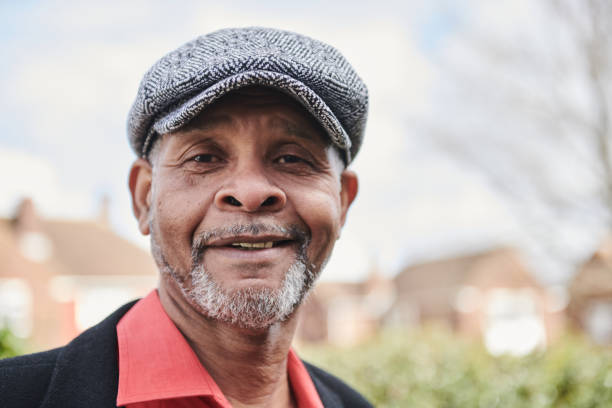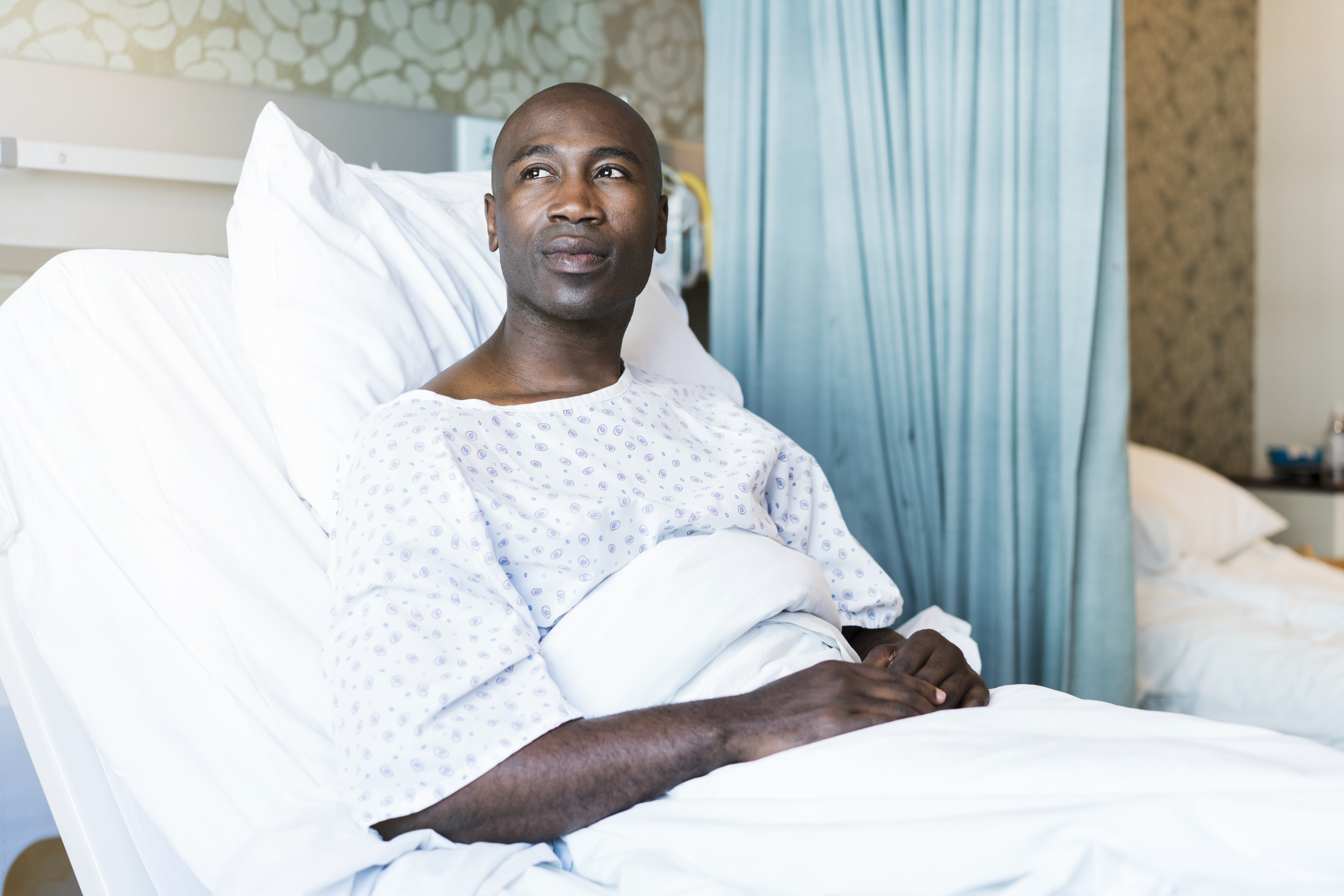
Bladder cancer surgery is a major procedure, so if you find that your recovery process is taking some time, it's completely normal. Here's what you can expect after your surgery and how to navigate the road to recovery.
Recovering from bladder cancer
After surgery, it's common to have blood in your urine for the first two to three days and light bleeding for up to two weeks.
If you've undergone transurethral resection of bladder tumor (TURBT), you will have a catheter in your bladder. Your care team may remove it before you are discharged from the hospital, however, you may be required to wear it at home until your first follow-up appointment.
Your nurse will show you how to drain the bag and attach it so that you are able to move around at home.
If you had a cystectomy and urinary diversion, you will need to keep your abdominal incisions clean and dry while you heal. Your healthcare provider will let you know when you can shower or get the areas wet.
You will also be tired when you return home and need to monitor your activity level after discharge. In general, it's recommended to steer clear of lifting anything heavier than a gallon of milk for several weeks.
Your care team can also help you navigate ways to prevent the side effects of pain medications, including constipation. It's also important to watch for signs of blood clots, which include swelling, redness or pain in your calves.
Long-Term Care
After bladder cancer surgery, regular follow-up may be required for the rest of your life so that your care team can monitor your recovery and side effects, and watch for recurrence.
Here's what you can expect for long-term bladder cancer care:
Monitoring for recurrence: Bladder cancer recurrence is common, so your healthcare provider may recommend you begin screenings three months after your surgery and then every three to six months for two to four years. If you’re cancer free at that time, he or she may allow reduced visits to annual exams and tests.
There aren't "standard" guidelines or research on the effects of monitoring on survival or quality of life, so your doctor may determine how frequently you need follow-up based on your condition.
Managing urinary diversion: Complications with urinary diversion can occur up to 20 years after surgery. Your healthcare provider can help you navigate special follow-up recommendations and when to call if you suspect you may have a complication.
Navigating sexual side effects: Having a pouch on the outside of your body can understandably get in the way during sex as well as affect your confidence. Bladder cancer treatment can otherwise affect men and women in different ways.
- Men: Since a radical cystectomy removes both the prostate gland and seminal vesicles (which make the bulk of seminal fluid), Verywell Health notes. This may make your orgasms dry. You may also experience erectile dysfunction (due to nerve damage), which is very common after surgery. Erectile dysfunction may improve over time
- Women: Bladder surgery, especially if part of the vagina has been removed, can cause pain with intercourse (dyspareunia), according to Verywell Health. The good news is, it usually improves with time. If you have nerve damage, you may experience problems with both arousal and orgasm. Surgical menopause (via removal of the ovaries) can also cause sexual problems.
Talk to your healthcare provider about what you can do to combat side effects and improve your sexual health. Some cancer centers have sexual medicine programs that are recommended during healing from surgery.
If you have bladder cancer, it's natural to feel overwhelmed as you cope with your norm. But with the right care team and support system, you can work through the side effects and challenges and lead a healthy life.








